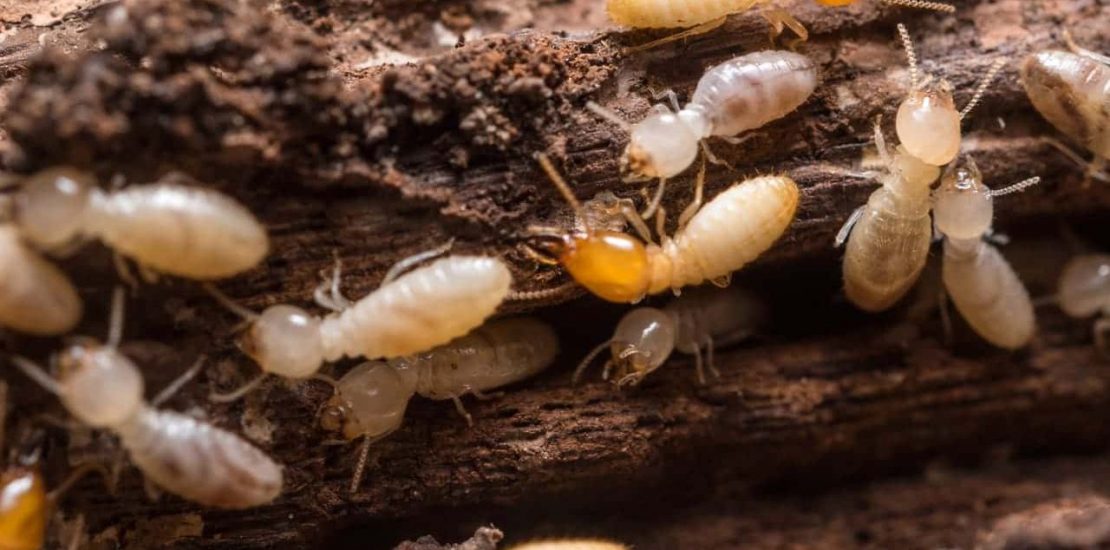Termite Inspections in Southern California: What Homeowners Need to Know
- February 11, 2025
- Posted by: arksidemarketing
- Category: Termites

For homeowners across Southern California, understanding the critical role of regular termite inspections is an essential aspect of property stewardship. As a leading pest control expert with decades of experience safeguarding homes throughout this region, I’ve witnessed firsthand the devastation that termites, a persistent and destructive adversary, can inflict. This isn’t just about protecting your biggest investment; it’s about preserving your peace of mind against these silent destroyers.
Termites Hide Themselves and Their Destruction
Many homeowners mistakenly believe a termite problem will be obvious. The truth is, these pests are masters of discretion. They work tirelessly from within your wooden structures, often leaving little external evidence until significant damage has already occurred. This covert nature is precisely why proactive and professional inspections are paramount. Our goal during an inspection is not just to find existing infestations, but to identify conditions conducive to future activity, offering a comprehensive shield against potential harm.
When our certified inspectors arrive at your Southern California home, they embark on a meticulous journey, far beyond a cursory glance. We understand the nuanced behaviors of the two primary termite types prevalent here: subterranean and drywood. Each demands a distinct approach in detection.
Common Types of Termites
Subterranean termites, as their name suggests, live in vast colonies underground, constructing intricate mud tubes to travel from their soil nests to your home’s wooden components, seeking moisture and food. Our inspectors will painstakingly examine your home’s foundation, looking for these tell-tale mud tubes climbing from the soil onto concrete slabs, foundation walls, and piers. We’ll delve into crawl spaces, basements, and around exterior perimeter areas, scrutinizing any wood-to-soil contact points, which are prime entry routes. We also pay close attention to areas with moisture, such as leaky pipes, clogged gutters, or poor drainage, as moisture is a major attractant for these underground invaders. We even investigate utility penetrations, where pipes and wires enter the home, as these often provide hidden pathways.
Drywood termites, on the other hand, require no ground contact. They establish colonies directly within the wood itself – your framing, attic trusses, fascia boards, and even furniture. Their presence is often revealed by tiny kick-out holes from which they expel their distinctive, hexagonal fecal pellets, often resembling fine sawdust. During an inspection, our experts will methodically tap and probe exposed wood for hollow sounds or softness, indicative of internal galleries. We’ll climb into attics, carefully inspect rafters and roof decking, and examine window sills, door frames, and any other wooden elements, inside and out. The sheer scope of this examination ensures no stone, or rather, no piece of wood, is left unturned.
Beyond these visual cues, our inspectors are also trained to recognize subtle changes in the environment that suggest termite activity. This includes faint sounds of rustling or chewing coming from within walls, the presence of discarded wings after a swarming event, or even slight buckling of paint or wallpaper. We also consider factors specific to Southern California homes, such as mature landscaping close to the structure, which can provide hidden pathways, or shaded, moist areas where termites thrive.
Termite Inspections in the Escrow Process
Destructive organism reports have become an indispensable element of the real estate escrow process. This necessity stems primarily from the significant financial risks associated with undetected termite activity and the stringent requirements imposed by financial institutions. Lenders, including those for VA, FHA, and conventional loans, routinely mandate these inspections to protect their substantial investments in the property, ensuring the collateral is structurally sound and retains its value. For buyers, the inspection serves as a critical safeguard against inheriting costly, hidden structural damage that homeowners’ insurance typically does not cover. For sellers, a proactive inspection can streamline negotiations, mitigate potential legal liabilities, and enhance the property’s market appeal, ultimately facilitating a smoother and more equitable transaction for all stakeholders.
How Often to Inspect
The question of “how often” is frequently raised. Given the year-round activity of termites in our region, we strongly advocate for annual professional inspections. This proactive measure allows us to detect and address any signs of activity in their earliest stages, before a minor issue escalates into a costly structural nightmare. Early detection means less damage, less extensive treatment, and ultimately, significant savings and greater peace of mind for you.
Following a thorough inspection, our team provides a comprehensive report detailing our findings. This isn’t just a simple “yes” or “no” answer; it’s a detailed account of any current or past termite activity, potential entry points, and conditions that could invite termites. Crucially, the report will include clear, actionable recommendations tailored to your specific situation. This might involve localized treatments, full structural fumigation, or even suggestions for moisture control and landscape modifications to create an environment less hospitable to these pests. Our commitment extends beyond just treatment; we aim to educate and empower homeowners to maintain a termite-free environment long-term.
In Southern California, maintaining your home means proactively addressing the threat of termites. A professional termite inspection is your best defense, offering not just detection, but also the expert insight and guidance needed to protect your most valuable asset from these persistent and destructive silent invaders. Don’t wait for the signs of damage to become undeniable; act now to secure your home’s future. Call us at 909-335-1486. We have solved termite problems across the Inland Empire for more than 30 years!
